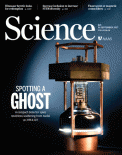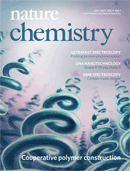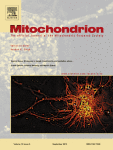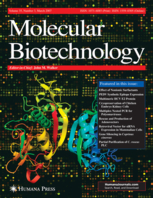 Science has issued an expression of concern for a widely covered materials science paper published on Friday, citing issues with the supplementary data.
Science has issued an expression of concern for a widely covered materials science paper published on Friday, citing issues with the supplementary data.
The paper — which caught the attention of multiple news outlets — added properties to cotton fibers in vitro, potentially enabling researchers to manufacture fabric that can fluoresce or carry magnetic properties.
The move to issue an expression of concern was unusually quick. According to the journal, an expert who received the paper from a journalist under a media embargo contacted Science to flag issues in some of the supplementary data. At the time of this post, the paper does not yet have an entry on PubPeer.
Here’s the full expression of concern:

 After
After  The executive board of the Leibniz Association in Germany has reprimanded the director of its institute on aging
The executive board of the Leibniz Association in Germany has reprimanded the director of its institute on aging  A researcher in Germany has been banned from seeking money from the largest independent research funder in the country for five years after an investigation by her former employer found her guilty of misconduct.
A researcher in Germany has been banned from seeking money from the largest independent research funder in the country for five years after an investigation by her former employer found her guilty of misconduct.

